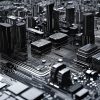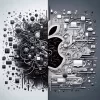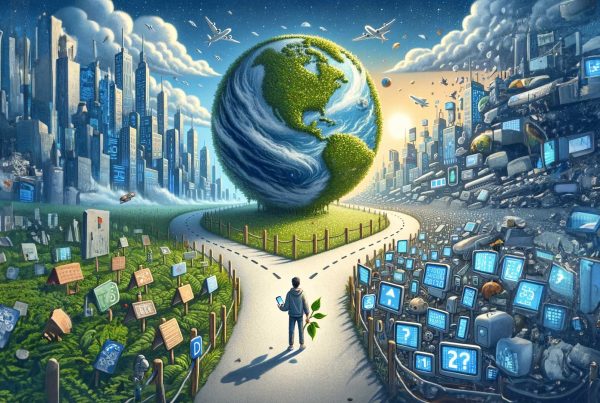In a world where access to information has become easier than ever, misinformation has become viral. False information, conspiracy theories, and media manipulations can have serious consequences, both on individuals and on society and democracy as a whole. Nowadays, information circulates faster than ever, and the ability to distinguish true from false has become a fundamental skill. We are constantly bombarded with news, statistics, and claims that, without a sharpened critical mind, can easily lead us astray. The urgency to fight against fake news, misinformation, and conspiracy theories has never been so evident and necessary.
The first step towards a concrete solution to free society from this trap is education. The teaching of mathematics and science plays a crucial role. It’s not just about understanding numbers or scientific facts, but also about knowing how to interpret and critically assess them correctly. For example, a thorough analysis of statistics in the media can reveal inconsistencies or erroneous conclusions on certain topics. Through this coherent learning, it can be hoped, students will be able to distinguish an isolated study from an established scientific consensus.
Furthermore, training in critical thinking and media literacy is indispensable. In our classrooms, we should teach how to identify and deconstruct cognitive biases and disinformation techniques. Students must understand that every piece of information is filtered through editorial and linguistic choices; and that these choices influence our own perception of the world.
Mastery of language is also essential. Misinformation often operates through words, manipulating emotions and distorting facts. Learning to recognize and responsibly use rhetoric is a powerful tool for deciphering the messages we receive daily and allows us to detect language elements intended to influence us.
Moreover, in our increasingly digital world, understanding artificial intelligence is all the more crucial. AI now influences many areas and requires an education that covers both its technical foundations, of course, but also its ethical implications. Young people must learn to understand and question AI systems, recognizing potential biases and critically evaluating all the information they generate.
The training must also address the ethical aspects of AI, such as privacy and the societal impact of data collection. This involves raising awareness about issues of consent and privacy, particularly relevant in contexts like surveillance.
It’s important to emphasize that familiarity with AI is not limited to the use of these technologies but also includes their responsible development. School curriculums should encourage students to design AI projects while considering their ethical and societal impact.
Therefore, it can be asserted that the fight against misinformation is a major challenge for our society. It is important to be aware of the extent of the problem and to implement concrete measures. I am firmly convinced that education is the key to facing misinformation. By strengthening our educational systems in these areas, we can equip citizens with the necessary tools to navigate a world of complex information. This is how we can build a more informed, critical, and ultimately freer society.








